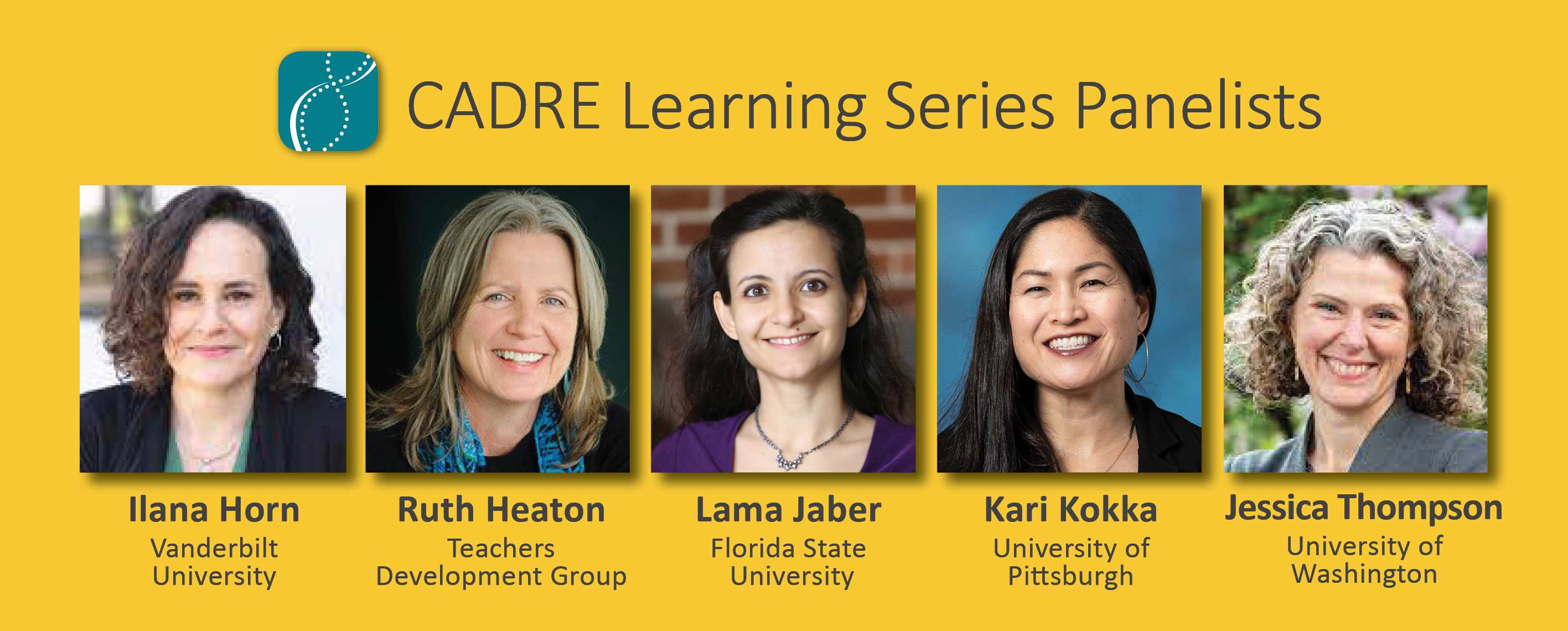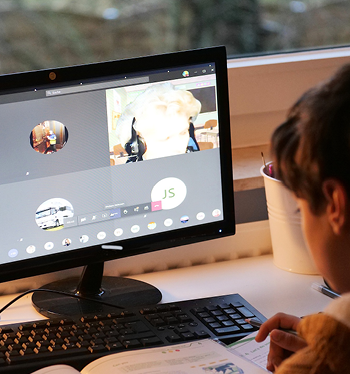NSF CAREER Proposal Submission Logistics Webinar
Representatives from NSF's Division of Information Systems will hold a technical webinar on system-related information to assist with CAREER proposal submission for the NSF Faculty Early Career Development (CAREER) program. The webinar will be held on Thursday, May 26, 2022, from 2:00 to 3:30 PM Eastern time.

 Since our 2015 collection of resources on
Since our 2015 collection of resources on 